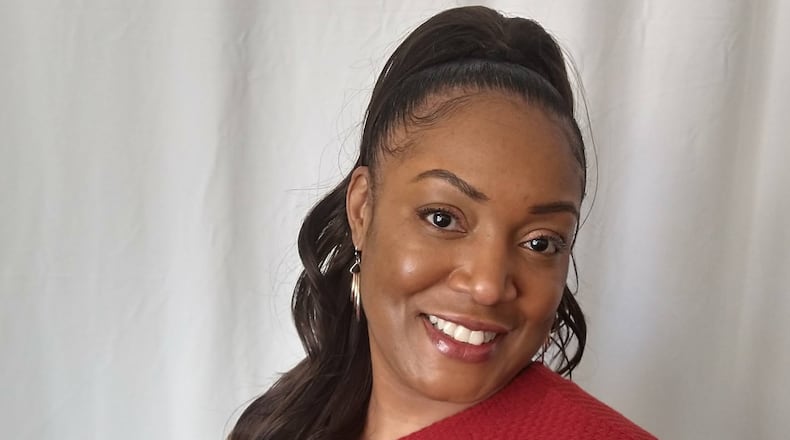Since then, they both have renewed appreciation for the roles people in the health care field play, from over the phone to in-person at the bedside.
Tilley was very helpful when Tarziers needed her help, he told the Dayton Daily News.
“(She) did a great job,” Tarziers said.
For Tarziers, he remembers making the call, but once his seizure started, he didn’t remember anything until he woke up later at Miami Valley Hospital.
“The call didn’t drop, but I could hear breathing, and I thought I heard something drop,” Tilley said.
Tilley remained on the line, looking up some of Tarziers’ previous health conditions in his chart to see if something in his history would have caused him to lose consciousness suddenly or experience some other kind of health episode.
“I kept saying, ‘Josh, I’m still here. I’m not sure what’s going on,’” Tilley said.
She stayed on the line as she called 9-1-1, requesting Riverside police do a wellness check on him. She eventually heard the paramedics arriving. Tilley also called Tarziers the next day to check on him after he was released from Miami Valley Hospital.
“She led it in the right direction to where everything ended up safe and sound,” Tarziers said.
Tilley enjoys being able to help patients resolve issues they may be having, she said.
This incident, though, was the first time she had a patient experience a medical emergency while talking to her on the phone.
“I was able to do what I needed to do to get him the help he needed, and it worked out good,” Tilley said.
About the Author

